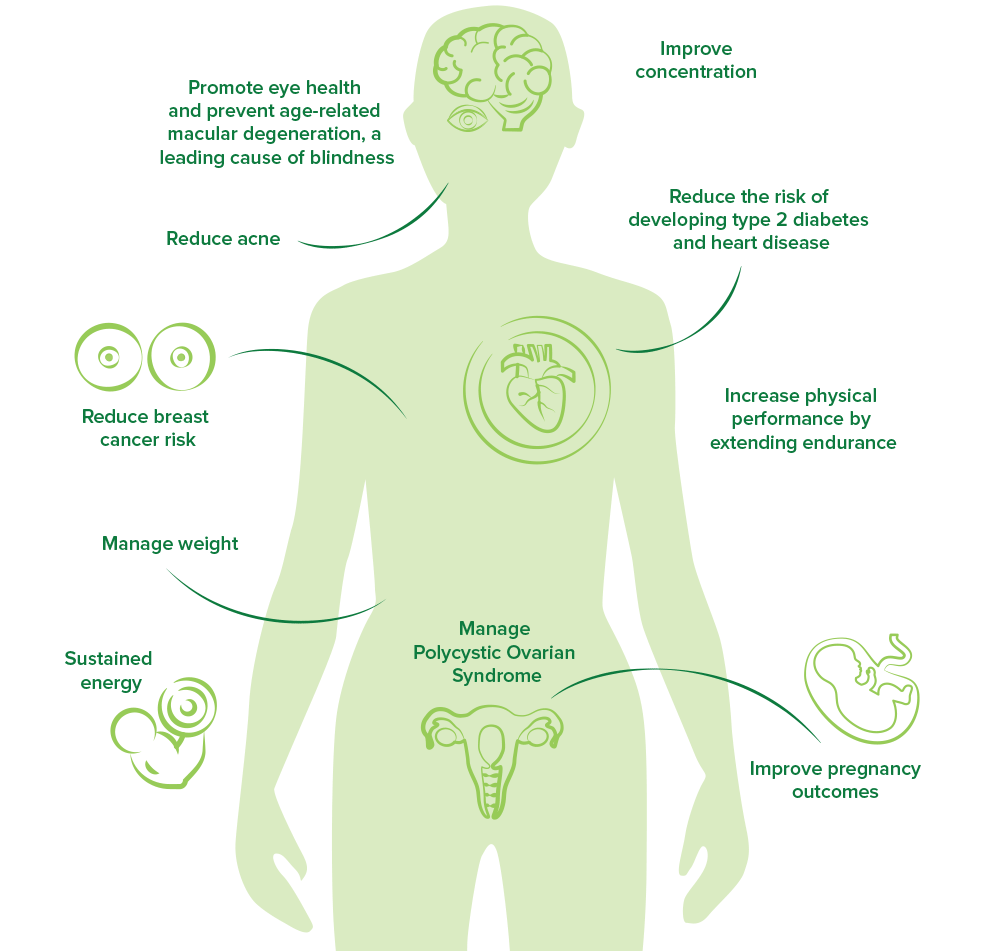Carbs have copped a bad reputation and are often first on the dietary chopping block for those looking to lose weight. In fact, recent research has shown that despite 90% of Aussies saying they love carbs, over half are avoiding them.
So should we be avoiding carbs? Absolutely not! Firstly, let’s look at what they are. Carbohydrates are a macronutrient that comes in two forms – starches (e.g. potatoes and grains) and sugars (e.g. sucrose, lactose, and fructose). They are found mainly in plants (fruits, vegetables, grains and legumes) or food made from plants. When eaten, our body breaks starch down into glucose which is released into our bloodstream causing a rise in blood glucose levels (BGLs).
Our bodies require a certain amount of carbohydrates each day to maintain health and function. In addition to being one of the most significant sources of energy for our bodies and a crucial supply of fuel for our brains, they make us feel good and keep our energy stable.
So how do you know which carbs are the best for your health? The secret is in the quality, not the quantity, as not all carbs are created equal.
White carbs
High GI (or low quality) carbs cause blood sugar levels to spike and then crash, giving you a quick, short-lived energy hit, then leaving you feeling flat and hungrier sooner. This sudden rise in blood glucose levels puts pressure on the body to produce more insulin, which over time can lead to type 2 Diabetes and other health complications.
Foods like white bread, rice cakes, most crackers, bagels, cakes, doughnuts, croissants and most packaged breakfast cereals are all high GI. Thankfully, if you’re someone who loves white grain foods, you can look for certified low GI products by keeping an eye out for the low GI Symbol – you’ll find alternatives like SunRice Low GI white rice or Wonder Active Low GI white bread that are low GI on supermarket shelves nationally.
Whole grain carbs
Whole grain carbs are good ones to look out for. The starch in whole or partially cracked grains is physically confined, slowing its digestion and naturally lowering the GI. The high fiber content in whole grains also lowers your glucose response and increases feelings of fullness.
Instead of buying bakery foods made primarily with white flour (e.g. white bread, crumpets, pikelets), choose grainy breads where you can see the grains, authentic sourdoughs or stoneground wholemeal options. There’s also plenty of low GI certified whole grain products available, like Bürgen® Wholegrain and Oats bread, which you can enjoy in a waldorf salad with chicken sandwich.
Low GI vs low GI carbs
It’s important to remember that low GI doesn’t mean low carbohydrate. Low carbohydrate looks at the quantity of carbohydrates in a food whereas low GI looks at the quality of the carbohydrate, and how your body uses and responds to it. That’s what makes low GI carbs so beneficial for our health.
Low GI (high quality) carbs are digested and absorbed by your body more slowly helping to keep blood glucose levels stable. Not only does this provide you with sustained energy and help you feel fuller for longer, low GI carbs can also help manage and prevent a number of health conditions including type 2 diabetes, coronary heart disease and obesity.
Foods that are less processed and are higher in fibre are more likely to be low GI. Foods like most fruits, dairy products, legumes and whole grain foods, most veggies, nuts and meats.
LOW GI HEALTH BENEFITS

Try incorporating low GI carbs into your breakfast with these delicious and easy overnight oats. Traditional rolled or steel cut oats are low GI and an excellent source of fibre. A great way to start the day as it’ll keep you feeling full and give you sustained energy throughout your morning.
Choosing the best carbs
We have plenty of resources to help you on your low GI journey and choose the right carbs. Try our simple swap tool to help swap your usual carbohydrates for a lower GI alternative, browse our tasty low GI recipes, check out the latest low GI certified products to make shopping easier, or download one of our delicious meal plan collections.
You can also learn more about the benefits of low GI carbs on overall health and find the latest emerging research in our Quality Carbohydrates and Health Report.


